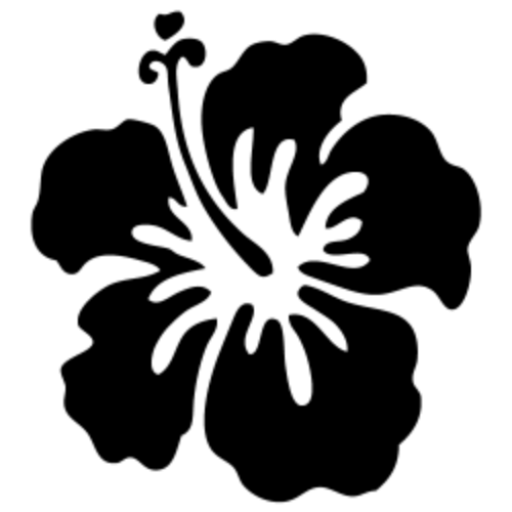DEFINITIONS
A quick search about the term in the Oxford Dictionary will reveal the following definitions for the term:
 Indeed, those are two definitions for the term creole; linguistically, its concept is just as complex as the meaning of pidgin.
Indeed, those are two definitions for the term creole; linguistically, its concept is just as complex as the meaning of pidgin.
In fact, the origin of the term seems to have come from the Portuguese word crioulo: a slave born in a master’s household or a white man of European descent born and raised in a colony. Later, the word was subsequently applied to certain languages spoken by creoles individuals whether in Caribbean, West Africa or other localities which were also colonies.
Those languages were (and still are) the result of the development of pidgin. That is: when a pidgin becomes the main language of a speech community, we can say that it evolves to a creole through a process named creolization.
CREOLIZATION
This process (in which a pidgin is developed to the point of becoming a creole) assumes the development of the structures of the language in question in terms of morphology, syntax etc.
In the case of Hawaiian Pidgin (which, despite its name, it is in fact a creole language), it creolized while still was hughly unstable and poorly developed, lacking what we can call a “stable pidgin state”. However, this is not a rule since the pidgin input to a creole may vary from case to case.
PRESENCE AROUND THE WORLD
Besides Hawaiian Pidgin English, other well-known examples of creole language are:
